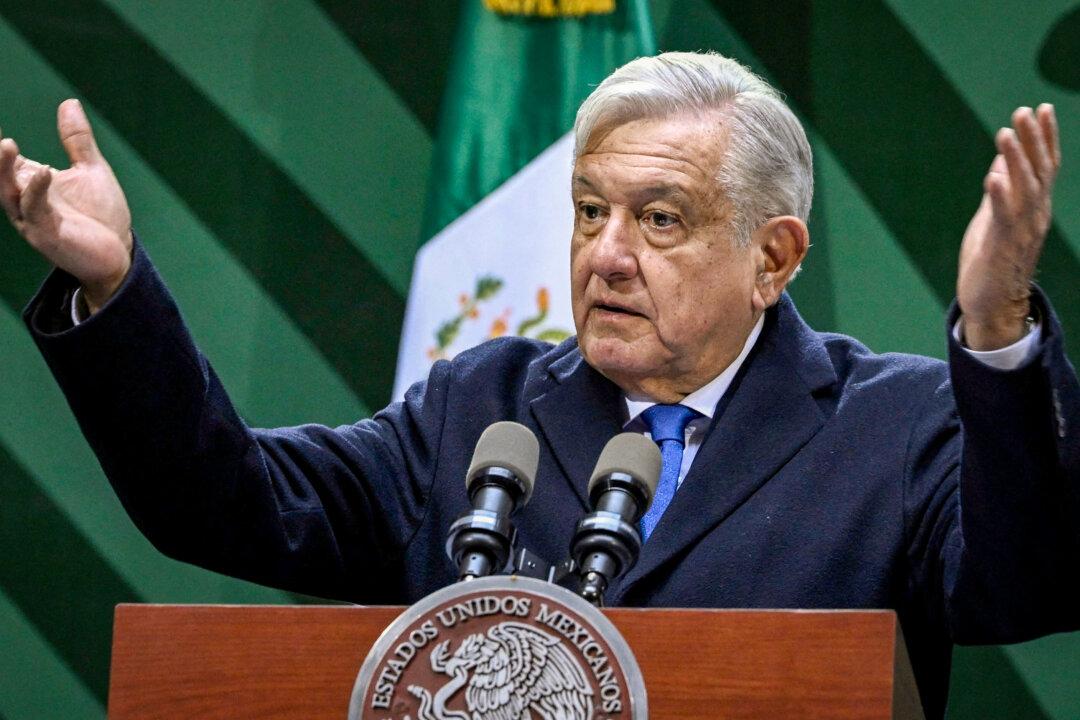In a March 24 interview on CBS’s “60 Minutes,” Mexican President Andrés Manuel López Obrador addressed claims by U.S. politicians regarding Mexico’s stance on immigration policies and emphasized Mexico’s sovereignty in its dealings with the United States.
His response comes in the wake of comments by House Speaker Mike Johnson (R-La.) in February, advocating the reinstatement of the “Remain in Mexico” policy, which the Mexican president firmly opposes.





